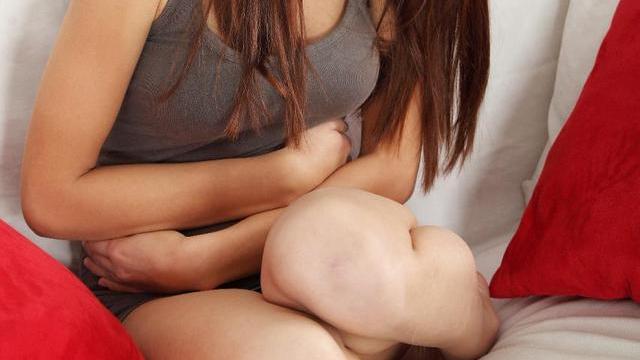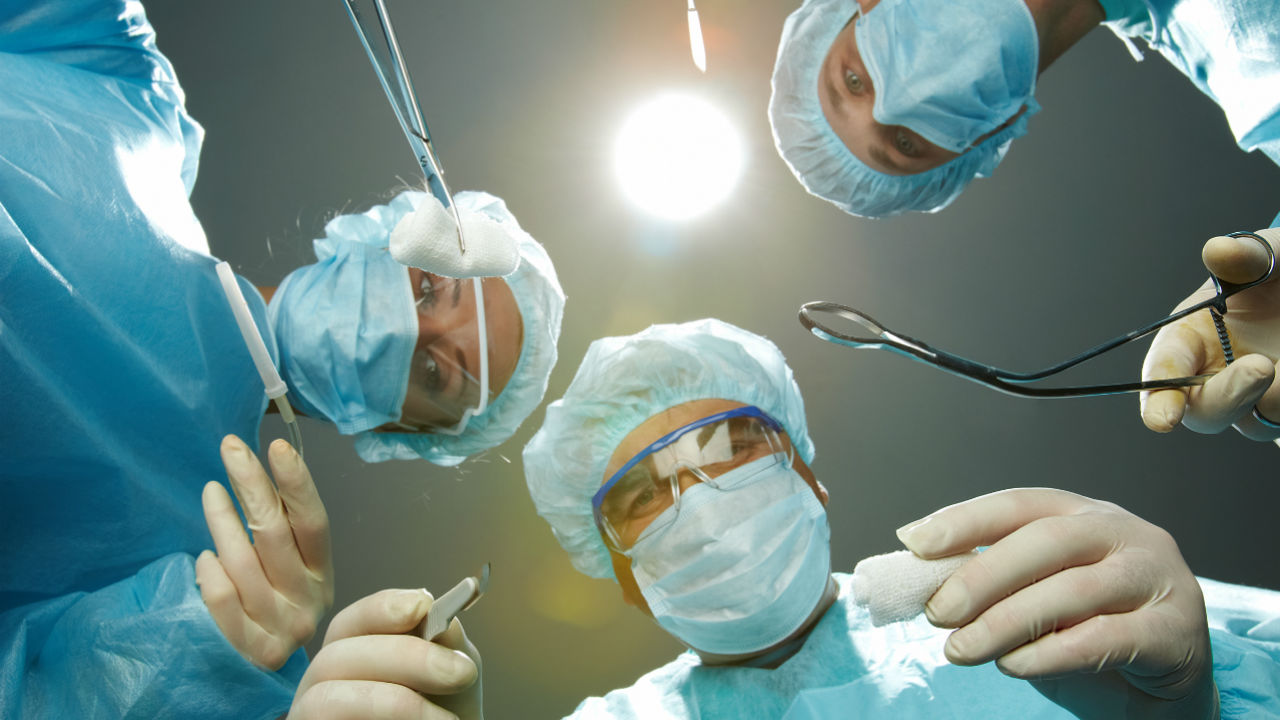Diverticulitis is the inflammation of small, protruding pouches called diverticula which can develop in any part of the gastrointestinal tract. Diverticula commonly develop after the age of 40 and occurs most often in the large intestine. The presence of diverticula in the digestive system is referred to as diverticulosis and may not cause any problems. But when these pouches become infected and inflamed symptoms are experienced.
The sudden onset of severe pain in the lower left sign of the abdomen is a symptom of diverticulitis. Less often, the pain may initially be mild in intensity but worsen over several days. A person may also experience a fluctuation in the intensity of the pain. In addition to abdominal pain, a person will notice a change in bowel habits, such as the onset of constipation or diarrhea. Other signs are nausea, vomiting, fever, and chills. Rarely, bleeding can occur and will be noted in the stool or in the toilet upon defecating.
Diverticula form in the areas of the intestine which are naturally weak and are under pressure. Medical experts believe that one risk factor is age. As we age, the strength and elasticity of the intestinal lining weakens. Though not clearly understood, the experts link a lack of exercise to the development of diverticula. Another risk factor for diverticular disease is low fiber in the diet. Obesity increases the risk of developing diverticulitis and the complication of rectal bleeding.
The cause of inflammation of diverticula is unclear. One thought is that increased pressure in the colon weakens the walls of the diverticula and increasing the risk of an infection. Fecal matter may become get caught in the narrow openings of the diverticula and an infection develops. Any blockage of the narrow opening of a diverticula can reduce the blood supply and cause inflammation.
It is the symptom of abdominal pain during an acute attack of diverticulitis that makes a person seek medical attention. Since abdominal pain is associated with other causes such as appendicitis, irritable bowel syndrome, and colon cancer, several tests are necessary to make the proper diagnosis. Initially, the physician will exam the patient’s abdomen for signs of tenderness. A blood test to measure the white cell count will be performed to identify an infection. Advanced imaging such as a CT scan is performed to locate the inflamed or infected diverticula.
Treatment is dependent upon the severity of the symptoms and the patient’s history of having diverticulitis. Mild cases can be treated with rest, diet changes, and antibiotics. A liquid diet is recommended for a few days to promote healing. Usually within three days, an improvement is noticed. Gradually, a patient can add high fiber foods, such as whole grains, fruits, and vegetables to the diet. It is important to continue taking the antibiotics for the prescribed time even if symptoms improve. Moderate and severe pain may be treated with acetaminophen or a prescribed analgesic. Severe cases of diverticulitis will require hospitalization. Surgery is necessary in cases of recurring diverticulitis or the development of an abscess, fistula, or perforation
Sources:
www.mayoclinic.com
www. digestive.niddk.nih.gov






Add a Comment3 Comments
I have been diagnosed with diverticulitis several years ago and I have attacks from time to time. I'm in crises with an attack right now and I'm not able to seek medical attention at this time as I am caring for my three grandchildren for the next three days. Is there any severe health effects from prolonged in a doctor's visit? I have taken ibuprofen and I'm using an ice pack to reduce the swelling. Is there anything else I can do here at home until I can seek medical attention?
May 28, 2017 - 11:49pmThis Comment
My wife has had Diverticulitis for 30 yrs. We keep a bottle of Blackberry Brandy in the house. When ever she gets seeds or something stuck in the pockets, (pain & cramps) A shot or two of Blackberry relieves the pain almost immediately.
June 3, 2018 - 11:34amThis Comment
Hello Anonymous,
Try making the changes in your diet as suggested in this article, and schedule an appointment with a gastroenterologist as soon as possible.
Regards,
May 29, 2017 - 9:25amMaryann
This Comment